Huntington Hospital - Della Martin Center

Overview
Huntington Hospital - Della Martin Center is an substance abuse treatment center that provides outpatient treatment for men and women from 18+ years of age. As part of their special programs, Huntington Hospital - Della Martin Center treats clients with hiv or aids, active duty military, and persons with eating disorders. To help patients achieve sobriety, Huntington Hospital - Della Martin Center provides intake assessments. Afterward, patients receive cognitive behavioral therapy, eating disorder treatment, and electroconvulsive therapy during treatment. Huntington Hospital - Della Martin Center is located in Pasadena, California, providing treatment for people in Los Angeles County, accepting medicaid, private health insurance, and cash or self-payment.
Huntington Hospital - Della Martin Center at a Glance
Payment Options
- Medicaid
- Private health insurance
- Cash or self-payment
- State-financed health insurance plan other than Medicaid
- State mental health agency (or equivalent) funds
Assessments
- Comprehensive mental health assessment
- Comprehensive substance use assessment
Age Groups
- Adults
- Young adults
Operation
- Private for-profit organization
Highlights About Huntington Hospital - Della Martin Center
6.74/10
With an overall rating of 6.74/10, this facility has following balanced range of services. Alcohol Rehabilitation: 8.00/10, Drug Rehab and Detox: 6.00/10, Insurance and Payments: 6.00/10, Treatment Options: 6.97/10.-
Alcohol Rehabilitation 8.00
-
Treatment Options 6.97
-
Drug Rehab and Detox 6.00
-
Insurance and Payments 6.00
Treatment At Huntington Hospital - Della Martin Center
Treatment Conditions
- Mental health treatment
- Substance use treatment
- Co-occurring Disorders
Care Levels
- Outpatient
Treatment Modalities
- Cognitive Behavioral Therapy
- Eating Disorder Treatment
- Electroconvulsive Therapy
- Nicotine replacement
- Group counseling
Ancillary Services
Languages
- Sign language services for the deaf and hard of hearing
Special Programs
- Clients with HIV or AIDS
- Active duty military
- Persons with eating disorders
- Clients who have experienced trauma
Get Help Now
Common Questions About Huntington Hospital - Della Martin Center
Contact Information
Other Facilities in Pasadena
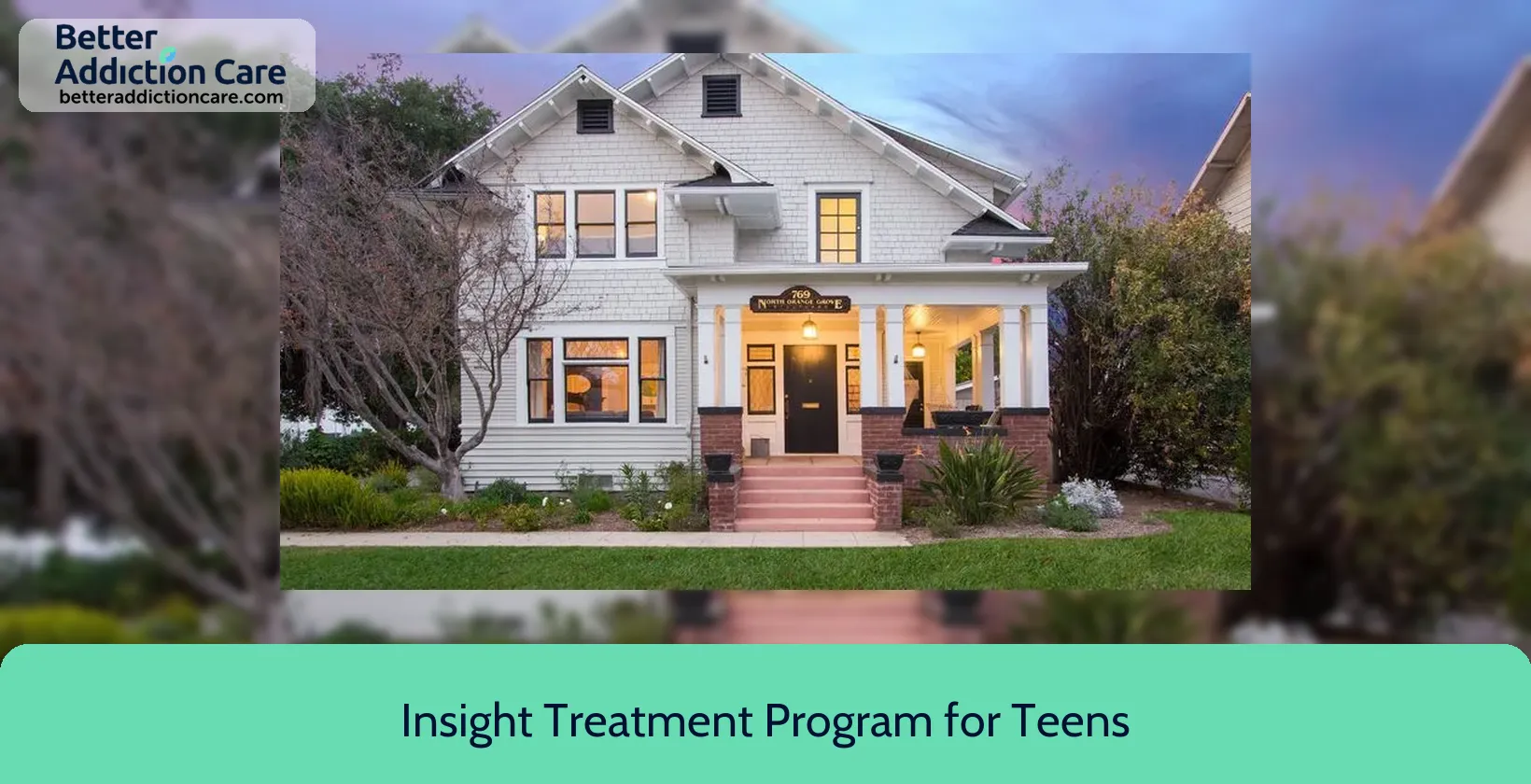
6.62
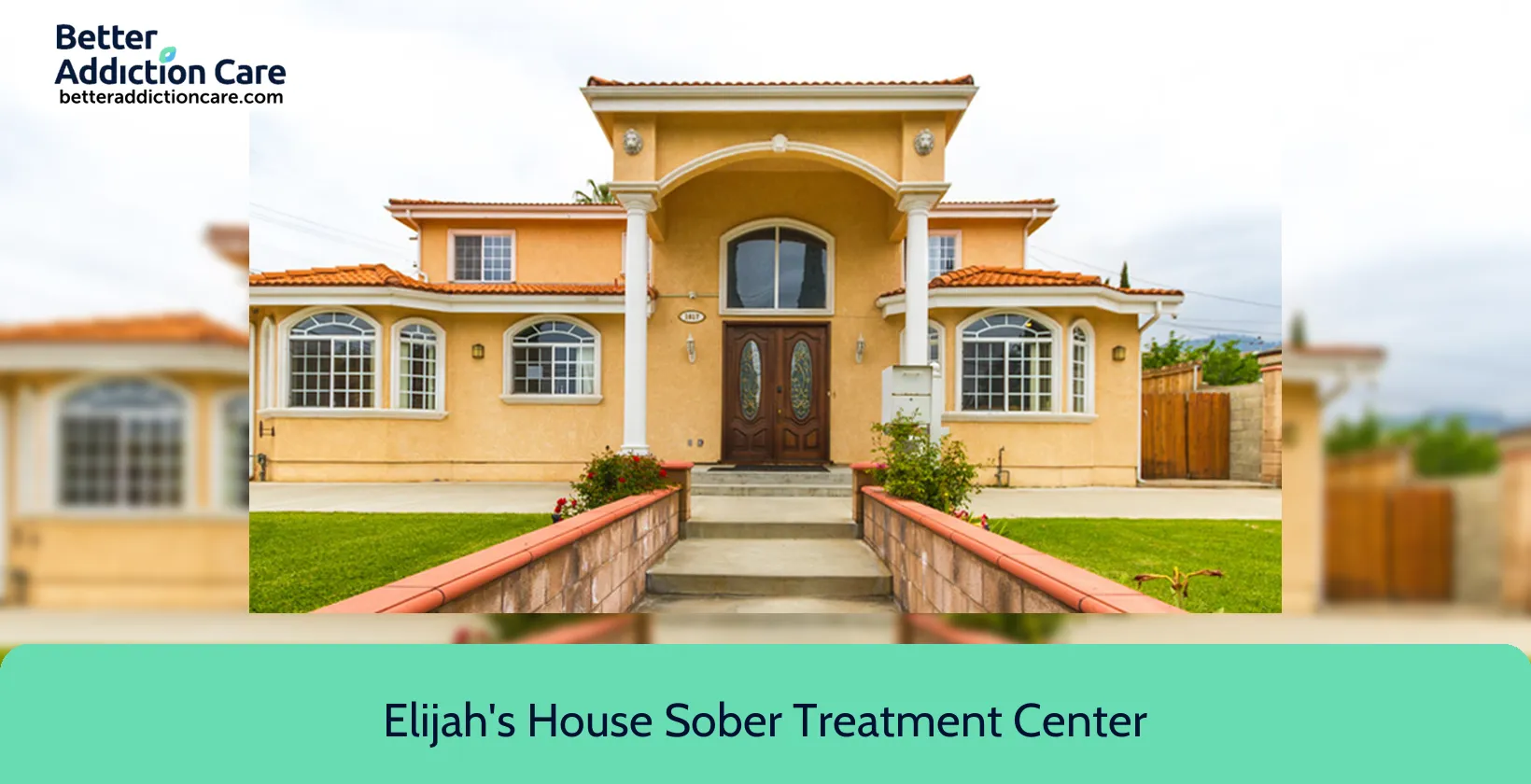
6.65

6.62

6.71
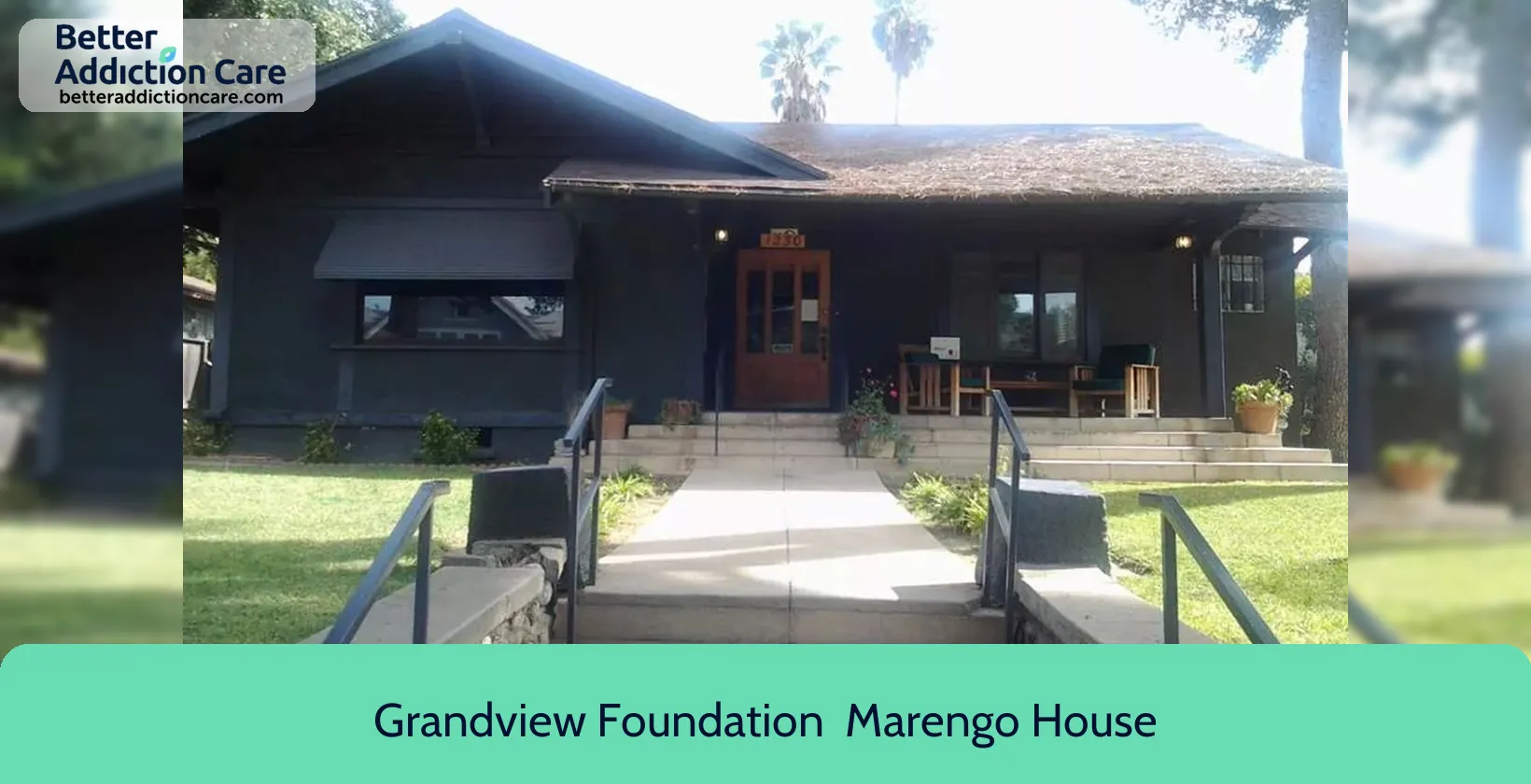
6.71
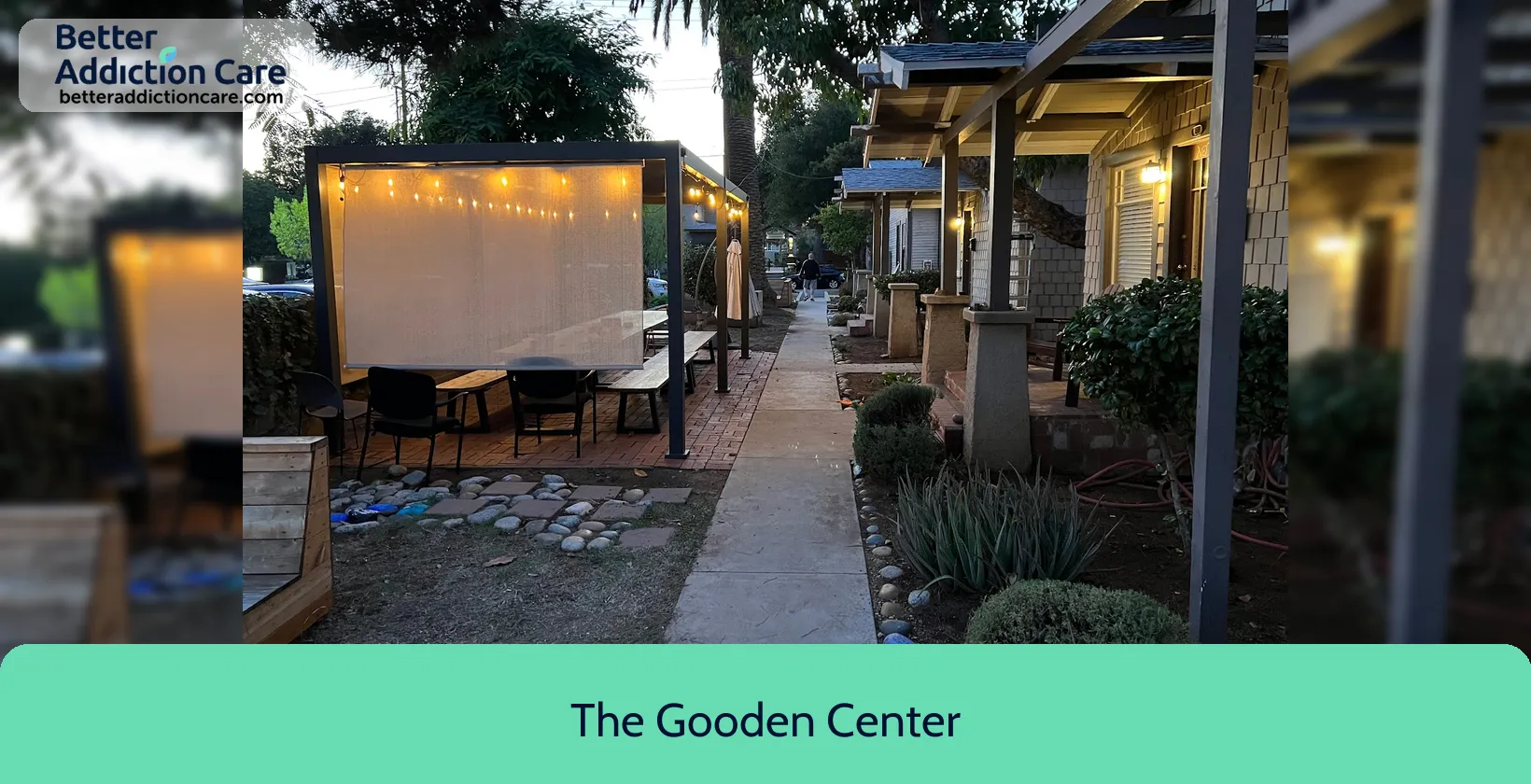
6.86
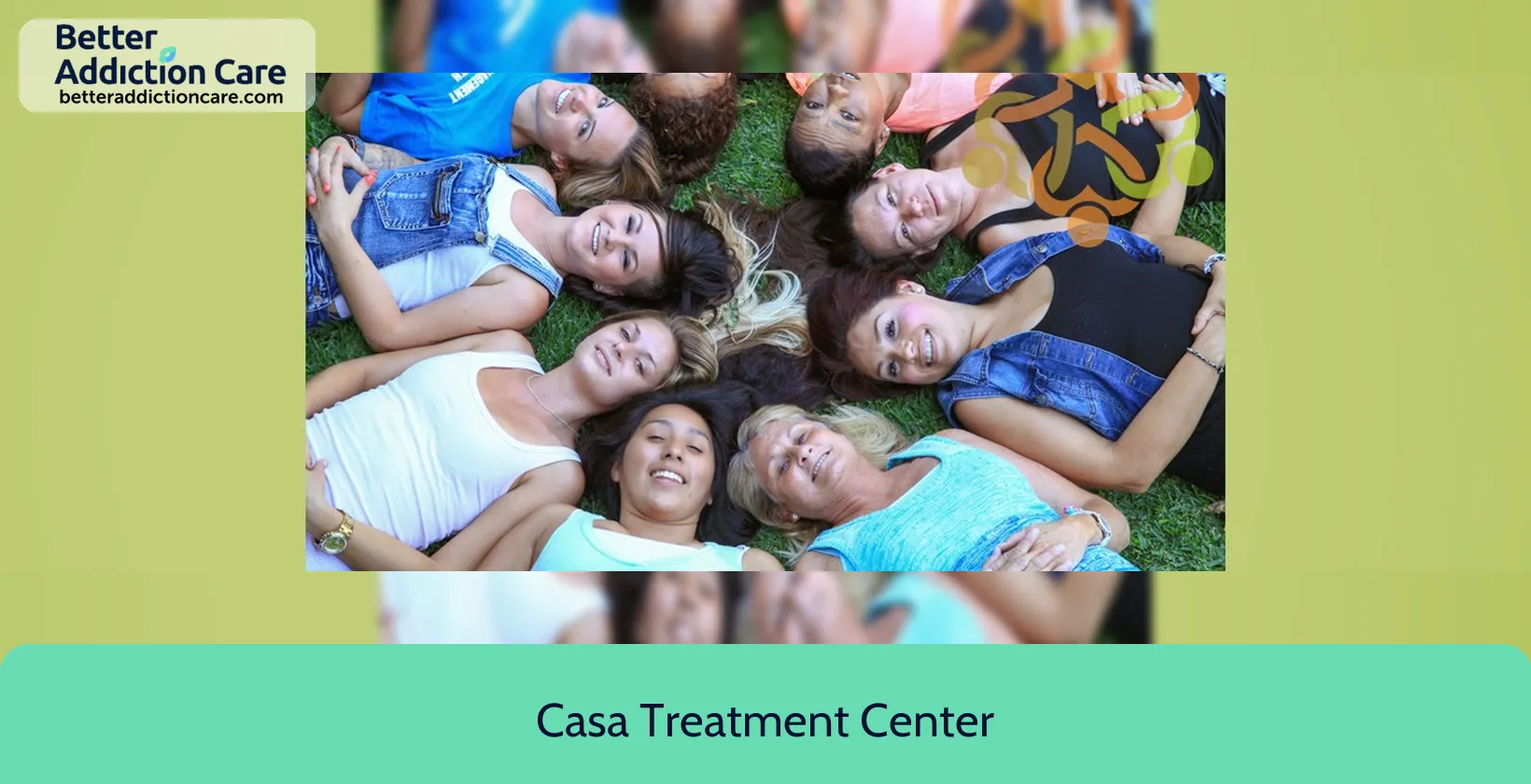
6.83
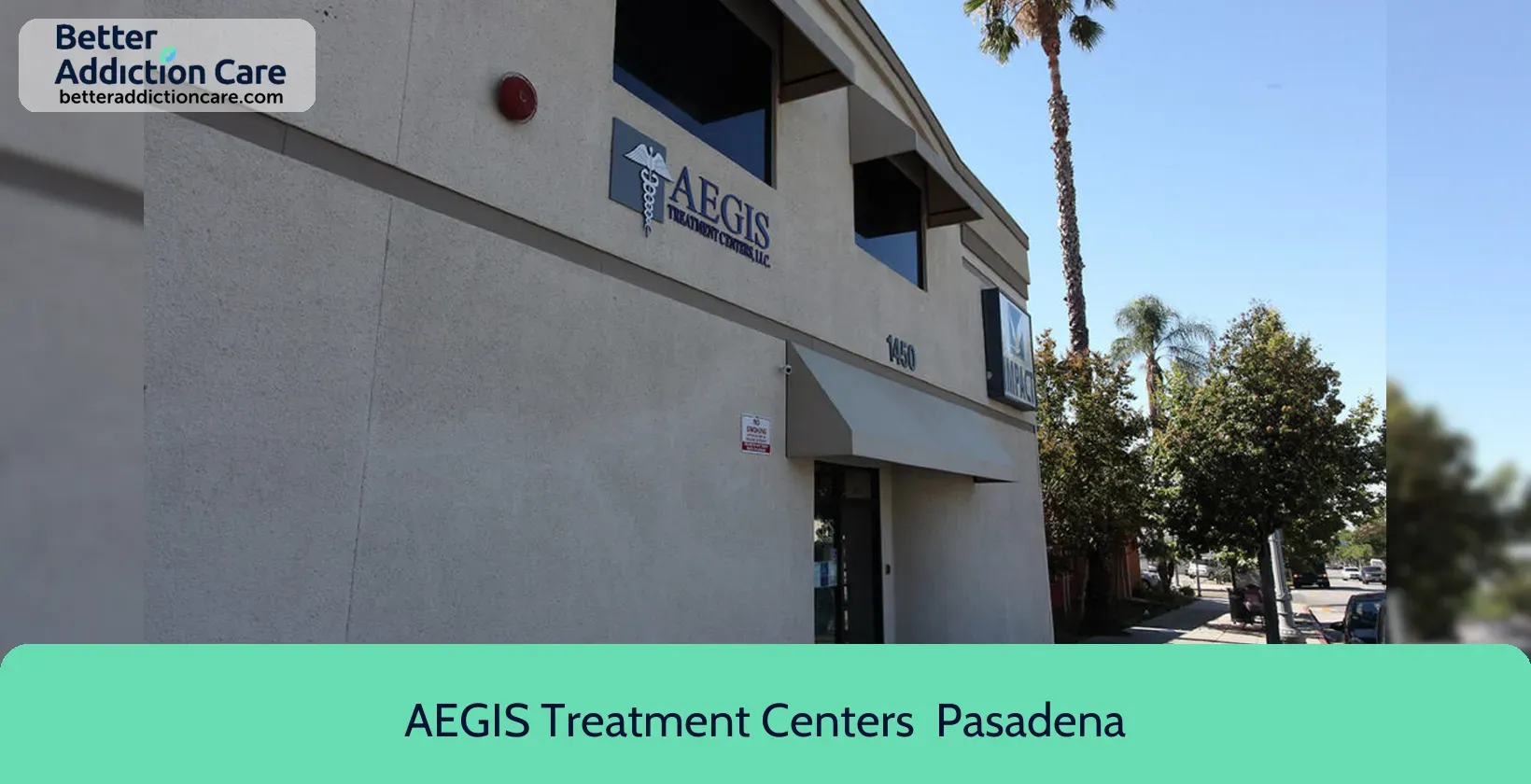
6.77
DISCLAIMER: The facility name, logo and brand are the property and registered trademarks of AEGIS Treatment Centers - Pasadena, and are being used for identification and informational purposes only. Use of these names, logos and brands shall not imply endorsement. BetterAddictionCare.com is not affiliated with or sponsored by AEGIS Treatment Centers - Pasadena.
